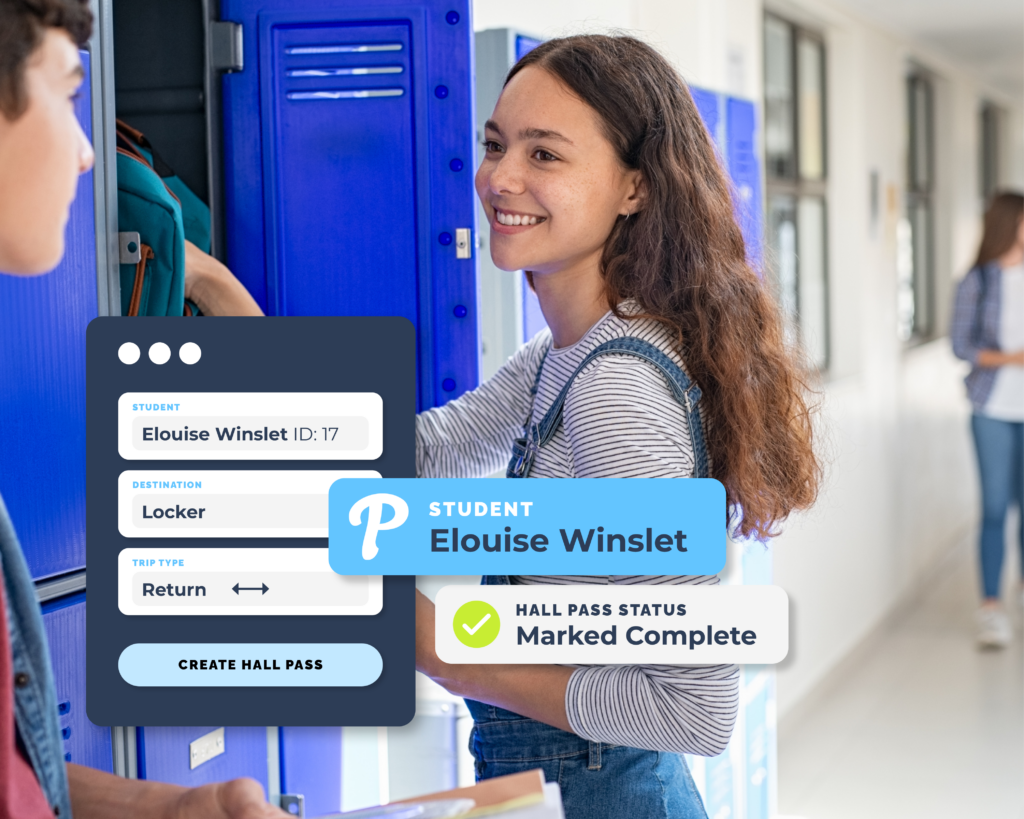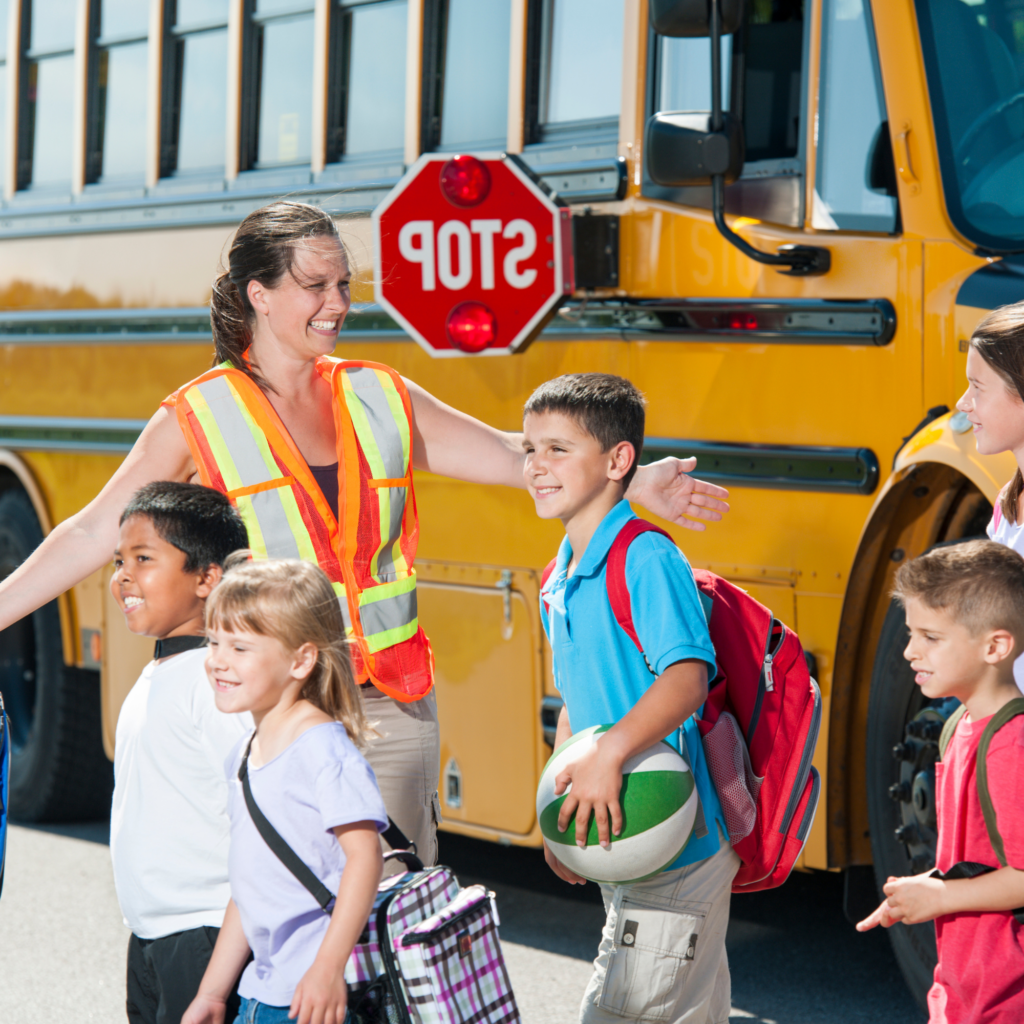One teach, one observe. One teach, one assist. Co-Teaching, Parallel teaching. Station teaching. Team teaching.
Some of you may have known right away where I am heading with this. Co-teaching. Throughout the years in my educational career, I have heard both good and bad things about co-teaching from colleagues, classmates, and various articles online. I began my career as an educator through substitute teaching for one year before heading on to fill a position as a paraprofessional for two. This August, I will be entering my second year as a science teacher (SO EXCITED!!). I am here to tell you the GREAT things I have learned with co-teaching during my first year as a teacher. Before I continue, please note that in no way shape or form do I consider myself a master in co-teaching, but these are the things that just worked for my co-teacher and me.

Forming a Co-Teaching Team
Before the 2018-2019 school year began, I went to co-teaching professional development with my co-teacher. The assistant principal in our district ran this PD for us because she is a co-teaching, lovin’ woman. She does not beat around the bush, is very honest, and is always willing to help. Anyway, let me tell you I am SO happy my co-teacher was in my group because we were able to bounce off ideas with each other there before school even started! I highly recommend meeting with your co-teacher prior to the arrival of students and better yet before the back to school meetings even start! It’s important to start off on the same page by telling each other what style of co-teaching you favor the most and why it works for you. (Hence the five co-teaching models I started is a thing with).
The students will benefit immensely if you and your co-teacher have a good relationship. To have that good relationship communication and trust are key. Let me say that again “communication and trust are key”. My co-teacher and I were always able to tell each other anything and give reasoning if necessary. For example, weekly we would say things like the following: “hey I didn’t like how that activity went… how can we fix it?”, “would it be better if we did *insert idea* before the activity instead of after”, or “I need to gather data on so-and-so is that okay today or should I do it tomorrow?”.
You need to think of each other as a team and trusting each other’s judgment is going to make that team work smoothly. Having that trust also makes life easier when one teacher is absent. This allows the other to take control of the room fully AND if the communication is there then they should already know what activity or lesson to use!
Lesson Planning as a Team
Another thing that helps maintain a good relationship is planning lessons together! I know it can be hard if you don’t have the same plan period, but even squeezing in 30-45 minutes a week can make all of the difference!! This can be done before school, after school, or during lunch. Yes, I said those three times. I know it can be inconvenient because you might think “dang I’m here enough!!”, but let me tell you planning TOGETHER is awesome. My co-teacher and I luckily have the same plan period, so we meet at least four times a week. During this time we do all of the things.
- Plan lessons and activities to go with them! This includes labs, worksheets, online resources, notes, and etc. we love to search the web to find cool things to do with our students. We really want to engage all types of learners! That’s why we try to find new things!
- Talk about kids. Okay not like that. We talk about who is struggling, who is rocking it, grouping for labs, and other things like that.
- We also modify assignments together. Yes, I help with that! Okay, those of you that are walnuts (please reference Cult of Pedagogy- “Find Your Marigold”) I know that usually, the special services teacher modifies “the stuff”, but I like to help two. Here is why 1. I know the content well and I can pull out what is most important. 2. I think it’s important that we talk about what our students with IEP’s need to be able to understand and not just let one person decide. 3. I worked in special services as a para and I have an understanding of different types of activities for them (my co-teacher was a para too!!!).
- We review our sections of notes and talk about what worked, what was confusing, and what we need to change for next year! I think self-growth as a teacher is so important. It may be summertime, but you better believe I have already decided to change so many things!! And yes, I’ve already told my co-teacher about it!
- Grade, grade, and grade!! Y’all already know how much you have to grade for your students! It’s time-consuming! Am I right! We like to discuss how many points and assignment should be worth if we want to take participation points or regular points, assessment points or classwork points, and grading rubrics! It’s all about being on the same page!
- Honestly, sometimes we spend this time to vent and maintain that self-care. I think this is okay in moderation. Let me explain! Sometimes school life can be stressful after testing or if a big event happens in the school or district. You need to take that time to just let your brain relax. I don’t think you should do it all the time, but it definitely helps!!!
Developing a Co-Teaching Classroom Climate and Culture
A great co-teaching relationship also needs to maintain the climate and culture that the “core” teacher’s classroom is not just their own, but also the special services teacher. Okay, yes I know it’s technically “your room” at school, but y’all work together, so it really helps the kids if you call it “our room”. I really hope that statement didn’t offend anyone because I want to explain why I said it, so please hear me out. You may have noticed I said two familiar words “climate and culture”.
“School climate refers to the school’s effects on students, including teaching practices; diversity; and the relationships among administrators, teachers, parents, and students. School culture refers to the way teachers and other staff members work together and the set of beliefs, values, and assumptions they share. A positive school climate and school culture promote students’ ability to learn.”
ASCD Learn. Teach. Lead.
In the classroom, you want your climate and culture to be comfortable for the students and teachers. Creating norms for the classroom will really help with this! That includes the whole “our room” thing. Students can sense if the relationship you have with your co-teacher is off, so getting along and having your space together can really help! This can be done very easily! Raise your hand if you are a stickler about your supplies! Okay, I kind of was too at first because I was in the mindset of this is my room, my first year, my stuff. It’s not going to kill you to share your flair tip pens, sticky notes, and candy drawer. I guarantee if you go to your co-teachers classroom they would do the same!
The last thing I want to share with you is how I believe ALL students (not just the students with IEP’s) benefit from a co-teaching environment. You already know that students learn differently, so having individual teaching styles can help! For example, last year when we were learning about how to calculate speed, distance, and time in our classroom we had some kids who were just not getting it. My co-teacher and I each took a group and explained it in another way. We did not re-teach it the exact same way that time, so we were able to be like “okay Johnny needs to go with you this time” or vice versa. Also, don’t be that person that says the special services teacher can only help those with disabilities. Not true. We like to switch it up in our room because we have such a diverse population.
Sometimes I will pull a group of lower students or she will. Sometimes we will each take a mixture of high, medium, and low kids. It just depends on the lesson and how the students are responding to the content. It’s all about knowing your kids! Let me tell you how REWARDING co-teaching can be all around for students and teachers! Last year, we conducted a two-day egg drop project. In our 5th hour class, ALL of our students were cheering on one of our students who have an IEP and struggles with being in front of a crowd and lots of noise. He was ecstatic that his classmates were encouraging him that he was awesome and he was going to do great.
I may have teared up a bit during that time and again now writing about it. Kids. They are so awesome to each other when given the opportunity.
I think that’s all I’ve got to say about co-teaching. I really hope after reading this you’ve learned something or you’ve been inspired to do great things with your co-teacher! Have a great rest of your summer!




